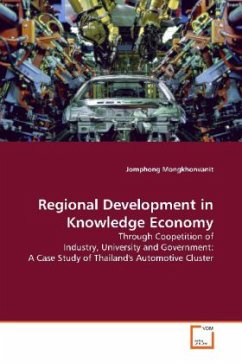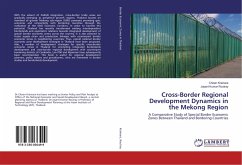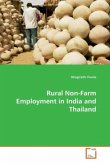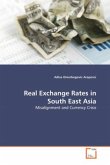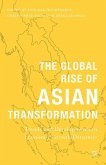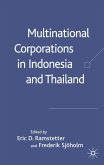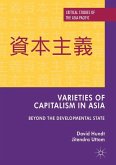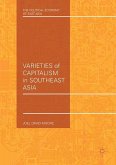This book examines the concept of regional
development through
industrial clustering and the automotive cluster in
Thailand emerged
in 1990s as a case study to understand the
relationships and factors
influencing coopetition (cooperation and competition)
between
universities and companies in Thailand s automotive
cluster. In
addition, this work proposes applicable models and
ways to improve
the dynamics of government, universities, national
research
institutions and firms in order to enhance high
skills, knowledge,
innovation and competitiveness of the automotive
cluster and
industry.
Based on the ideas of the knowledge economy and a triple helix
model of relationships among
government-industry-university, this
study uses multiple data collection methods, including
questionnaires and in-depth interviews, with
descriptive analysis to
investigate the relationship among government,
university and
industry.
development through
industrial clustering and the automotive cluster in
Thailand emerged
in 1990s as a case study to understand the
relationships and factors
influencing coopetition (cooperation and competition)
between
universities and companies in Thailand s automotive
cluster. In
addition, this work proposes applicable models and
ways to improve
the dynamics of government, universities, national
research
institutions and firms in order to enhance high
skills, knowledge,
innovation and competitiveness of the automotive
cluster and
industry.
Based on the ideas of the knowledge economy and a triple helix
model of relationships among
government-industry-university, this
study uses multiple data collection methods, including
questionnaires and in-depth interviews, with
descriptive analysis to
investigate the relationship among government,
university and
industry.

